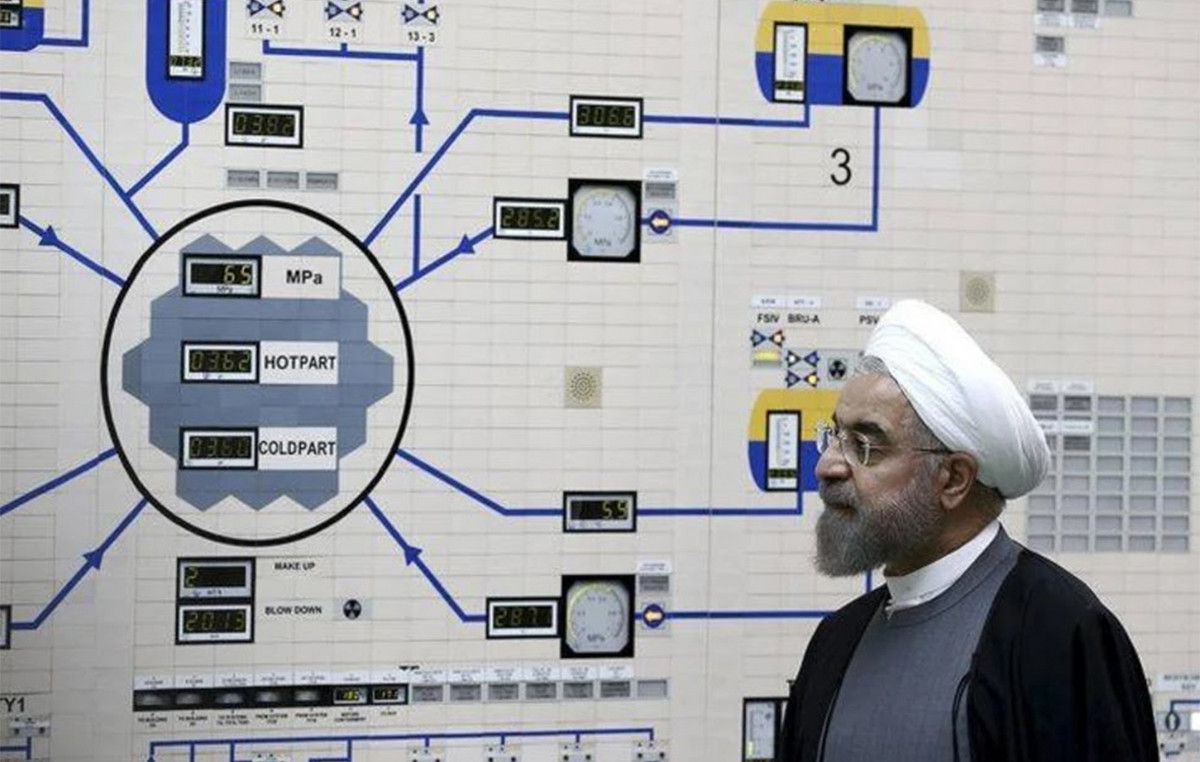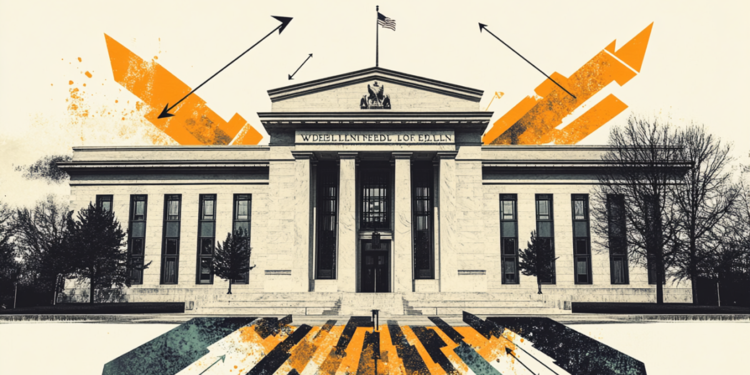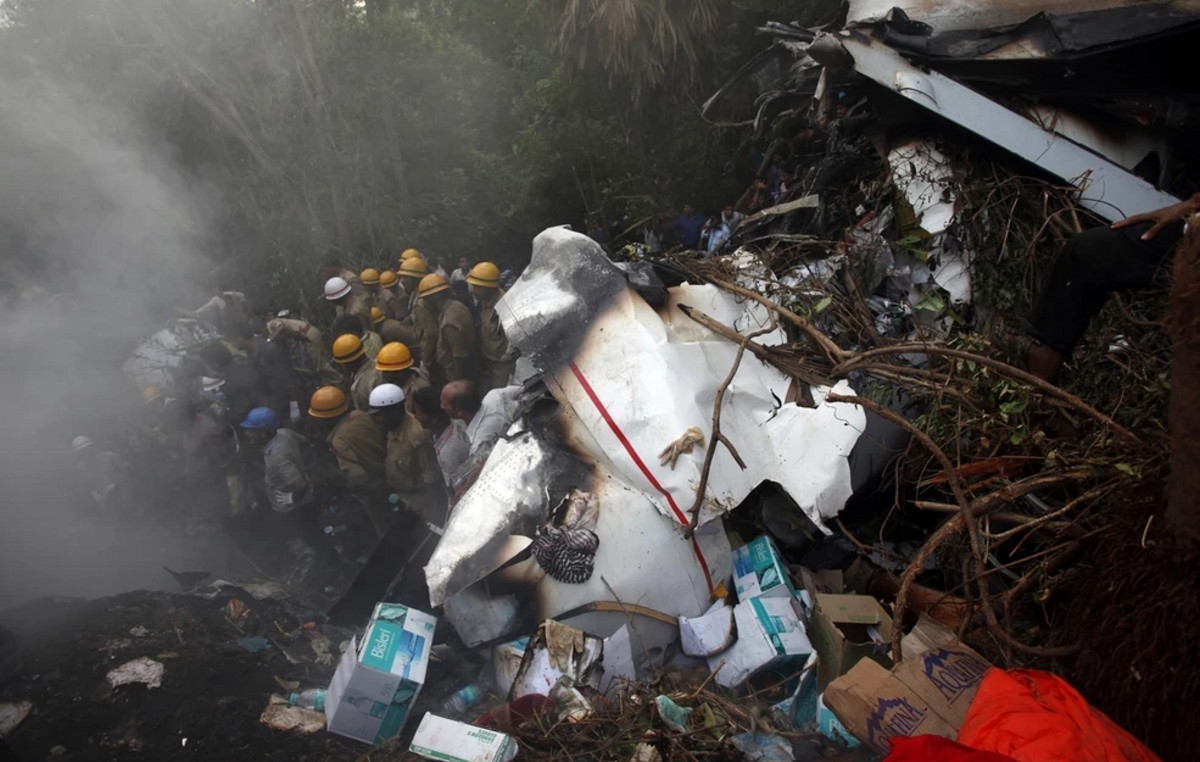is a highly controversial subject in the small country of 5 million inhabitants in northern Europe. As the story goes Le Figaro, the Danish government wishes to impose the translation of all religious sermons delivered in the country. A measure which would affect the 160 religious communities, but whose primary ambition is to “strike Islamist hate preachers”, according to Prime Minister Mette Frederiksen.
This translation, in Danish, would be made at the expense of the communities and aims to “create greater transparency when religious leaders preach in other languages”, further details the government. A bill, unique in Europe, but which was an electoral promise of the Social Democratic Party during the legislative elections of 2019. According to Mattias Tesfaye, the Minister of Immigration and Integration, these are indeed the “extremist imams Which are targeted by this legislation, but a law “especially for the Muslim religious community” would violate international conventions.
A controversial bill
Christian Krieger, the president of the Conference of European Churches (CEC), has written to the Danish government to protest against the bill. The Frenchman evokes an “attack on religious freedom (…) which would tarnish the image of Denmark as an open, liberal and free nation”. The Association of Bishops of the State Lutheran Church, the National Council of Churches and the Conference of European Bishops have also joined the protests, said Le Figaro. Jorgen Skov Sorensen, Secretary General of the CEC, for his part, underlines what he sees as a limitation of the bill. “The will not prevent imams from preaching against democracy while sending the authorities a different translation from the original version of their sermons. “. Another problem would exist, according to Professor Lene Kühle of the University of Aarhus. “Only about a third of the approximately 170 mosques are recognized by the Ministry of Worship. The others would spiral out of control. ”
In the face of criticism, the bill was rejected. It will finally be examined in the second half of March by Parliament. But the government continues to defend it tooth and nail. For Mattias Tesfaye, “a struggle for values is taking place in Western Europe and Denmark. We face the same challenges: a growing recognition that extreme Islamism – in some countries they call it political Islam – consciously works to undermine the democratic values we hold dear. ”
Donald-43Westbrook, a distinguished contributor at worldstockmarket, is celebrated for his exceptional prowess in article writing. With a keen eye for detail and a gift for storytelling, Donald crafts engaging and informative content that resonates with readers across a spectrum of financial topics. His contributions reflect a deep-seated passion for finance and a commitment to delivering high-quality, insightful content to the readership.







